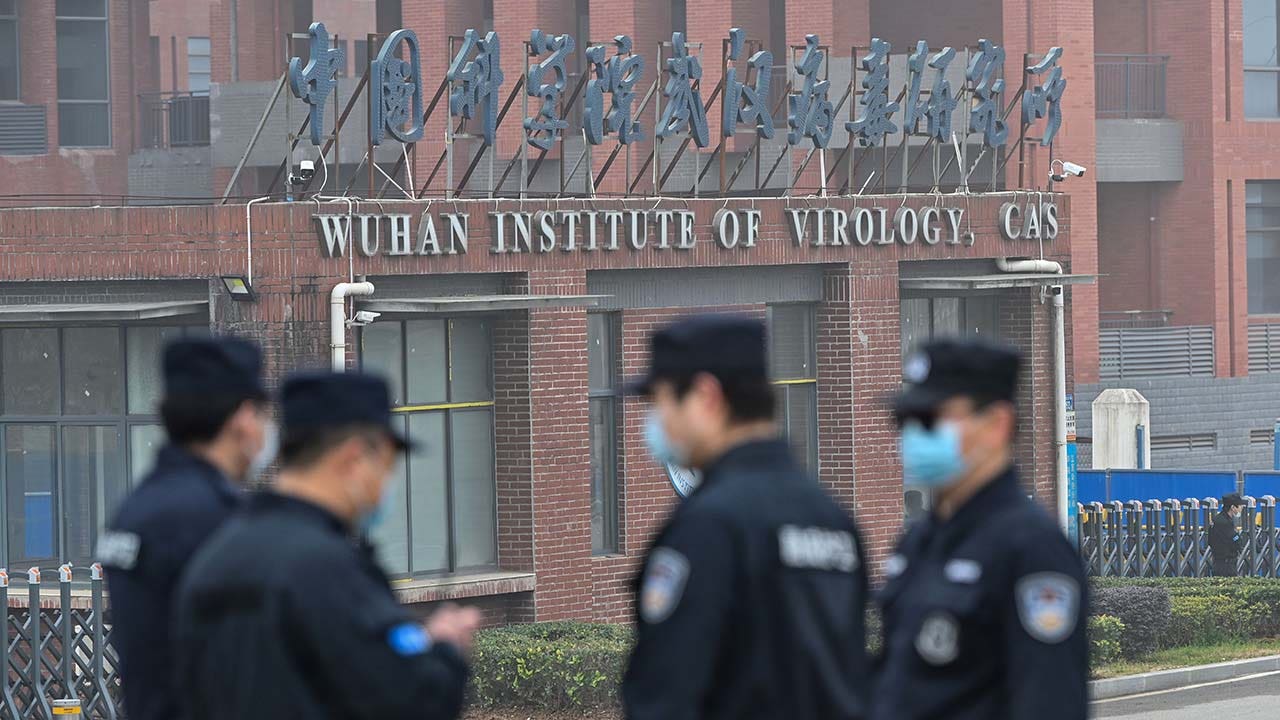COVID ‘most likely’ leaked from Wuhan lab, select committee finds

The congressional subcommittee recently wrapped up a comprehensive two-year investigation into the origins of the coronavirus pandemic. Their final report, spanning over 520 pages, concluded that COVID-19 most likely originated from a lab in Wuhan, China. This finding supports the controversial “lab leak” theory, suggesting that the virus may have been accidentally released from a research facility in Wuhan.
The report highlighted several key pieces of evidence to support this theory. Firstly, the virus displayed a biological characteristic that is not typically found in nature, indicating potential manipulation in a lab setting. Additionally, data analysis revealed that all COVID-19 cases can be traced back to a single introduction to humans, further supporting the lab leak hypothesis.
One of the main focal points of the report was the Wuhan Institute of Virology, China’s leading SARS research lab. The subcommittee pointed out that the lab has a history of conducting gain-of-function research at inadequate biosafety levels, raising concerns about potential safety breaches. Furthermore, researchers at the institute reportedly fell ill with a COVID-like virus in the fall of 2019, months before the official discovery of COVID-19 at a wet market in Wuhan.
Initial speculation during the early stages of the pandemic centered around China’s wet markets as the source of the virus. These markets, known for selling a variety of animals in unsanitary conditions, were initially believed to be the breeding ground for the virus. However, the subcommittee’s investigation has shifted the focus towards a potential lab origin for COVID-19.
In addition to investigating the origins of the virus, the report also scrutinized the public health measures implemented in response to the pandemic. The subcommittee found that social distancing and mask-wearing were not necessarily backed by scientific evidence. Dr. Anthony Fauci, a prominent figure in the pandemic response, admitted during closed-door testimony that the guidance on these measures seemed to have appeared without solid scientific backing.
The report also raised doubts about the effectiveness of mask-wearing in preventing the spread of the virus. Despite widespread adoption of masks as a preventive measure, the subcommittee found “no conclusive evidence” that masks provided significant protection against COVID-19.
Overall, the subcommittee’s investigation shed light on the potential origins of the coronavirus pandemic and highlighted the uncertainties surrounding key public health measures. The findings have sparked further debate and scrutiny over the handling of the pandemic response, with implications for future public health strategies.




